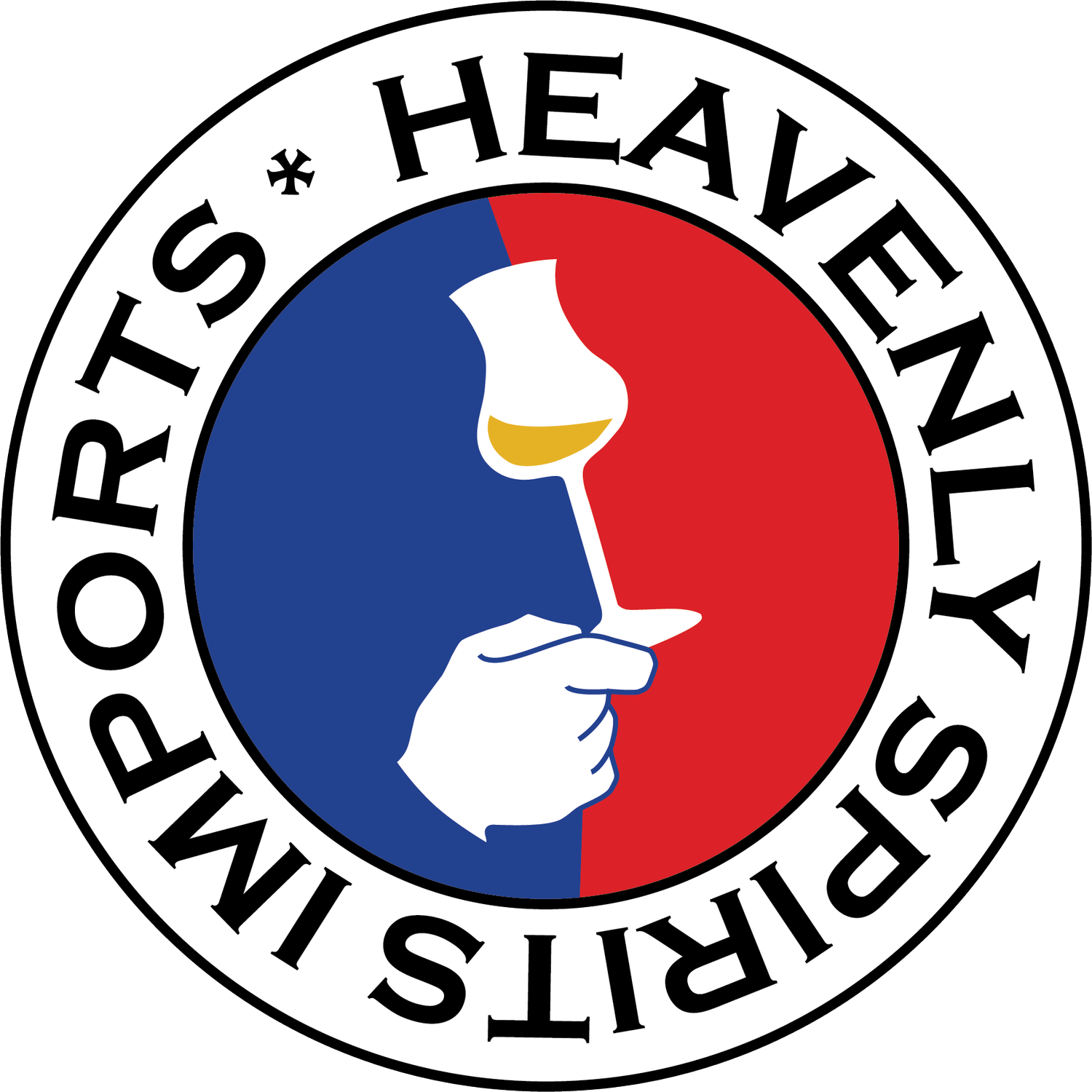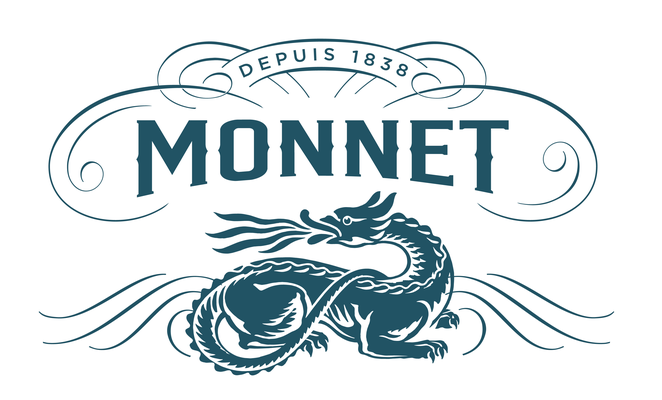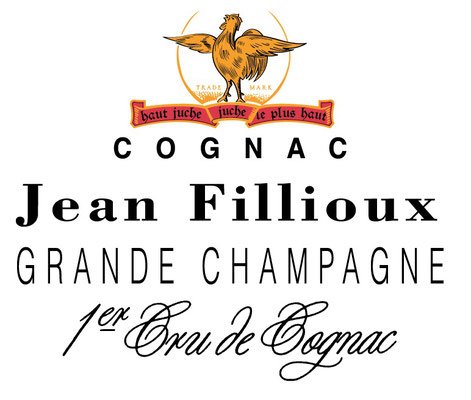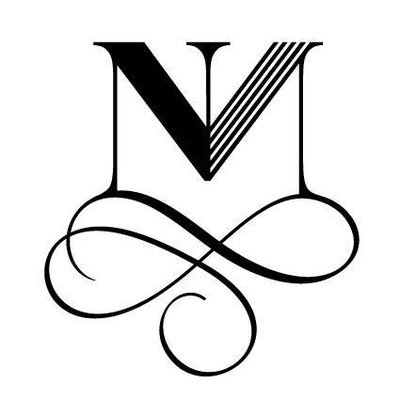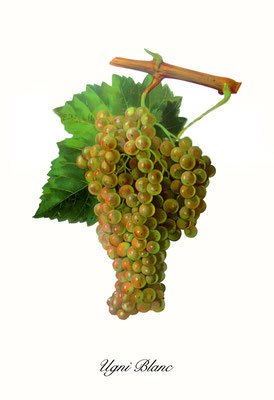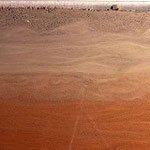Cognac
Explore Our Cognac: from VS to an extremely rare XXO, with Cognac from the heart of the Grande Champagne Grande Cru, to Petite Champagne, Fine Champagne, and pioneering organic Cognacs.
Cognac Appellations
Where is Cognac?
Cognac is produced in the South West of France, North of Bordeaux, near the Atlantic Ocean. Like Champagne, Cognac is both a product AND a place (from which the product must originate).
Appellation and soil: There are 6 official areas of Appellation:
Grande Champagne, also known as the 1st Cru
Petite Champagne
Borderies
Fins Bois
Bons Bois
Bos Ordinaires.
Fine Champagne Cognac is a blend of at least 50% from the Grande Champagne and the rest from the Petite Champagne. It is not an official cru, but is recognized as an AOC.
Cognac production is overseen by the Cognac Bureau (BNIC).
What Grapes Are Used to Make Cognac?
Cognac is 98% made from Ugni Blanc grapes. (Colombard and Folle Blanche are also used).
Cognac Terroir: Soil Types
The soil in the region is mostly chalky.
From left to right: Chalky soil of the Petite & Grande Champagne; Clay & Limestone in the Fins Bois; Loamy soil; Sandy soil
Cognac Distillation
The harvested grapes are pressed and the juice is left to ferment, giving a wine that is low in alcohol, but high in acidity.
Double Distillation
Double distillation in a Charentais still is mandated. The wine is then distilled twice: at the end of the first pass, the distilled spirit will be 30% alcohol; at the end of the second pass, the distilled spirit will be 70% alcohol.
It is then put in wood for aging and later on will be blended and reduced with distilled water to about 40% alcohol.
Cognac Aging Designations: VS, VSOP, Napoléon, Vieux, XO
Limousin oak is used for its tannins and vanilla.
Legal aging in wood is as follows:
VS must be a minimum of 2 years old
VSOP must be a minimum of 4 years old
Napoleon, Vieux, Extra must be a minimum of 6 years old
XO must be a minimum of 10 years old (starting 2018)
Vintages: Strict regulations make it difficult to produce vintages
Limousin oak (© BNIC)
Organic Cognac & Biodynamic Farming Practices
-

Distillerie du Peyrat
- Organic winegrowing aims at maintaining healthy soils, supporting biodiversity and generally speaking protecting the environment by excluding the use of synthetic fertilizers, pesticides, herbicides and guaranteeing a GMO free production.
- To support local biodiversity, we have engaged in a program of hay planting to serve as shelters for wildlife – endemic tree varieties such as dogwood, hazel tree, medlar tree, Hornbeam and others have already been planted over half a kilometer along our vineyards in 2019 and the plan is to carry on expanding these tree hays over time.
- 300 square meters of solar panels have been laid on the roofs of our premises, producing up to 35,000 Kwh a year – which amounts to the yearly consumption of gas and electricity for 2.3 average European households.
- The distillery recycles distillation residues and using a closed cooling water for the condensation of alcohol vapors. These processes guarantee a minimum use of fresh source water but also avoids pollutions of local rivers and water tables with distillation waste.
-
Normandin-Mercier
- Normandin-Mercier has embarked on an ambitious agroforestry project, which combines newly-planted vineyards for the production of Pineau des Charentes, plantings of local and fruit tress, and beekeeping in the land surrounding the Château de La Péraudière. “We will be working under the Demeter label, which validates the regeneration of ecosystems by treating it with plant matter, for example, and following the phases of the Moon,” said Edouard Normandin as the project kicked off in 2024.
- Normandin Mercier VSOP Organic is a USDA-certified Organic Cognac. From the very beginning, from vine to bottle, not a single artificial product has been used in its production. No yeast or sulfur is added to the wines, no chemicals, fertilizers or pesticides are utilized during production, and the final bottling has absolutely no additives.
-
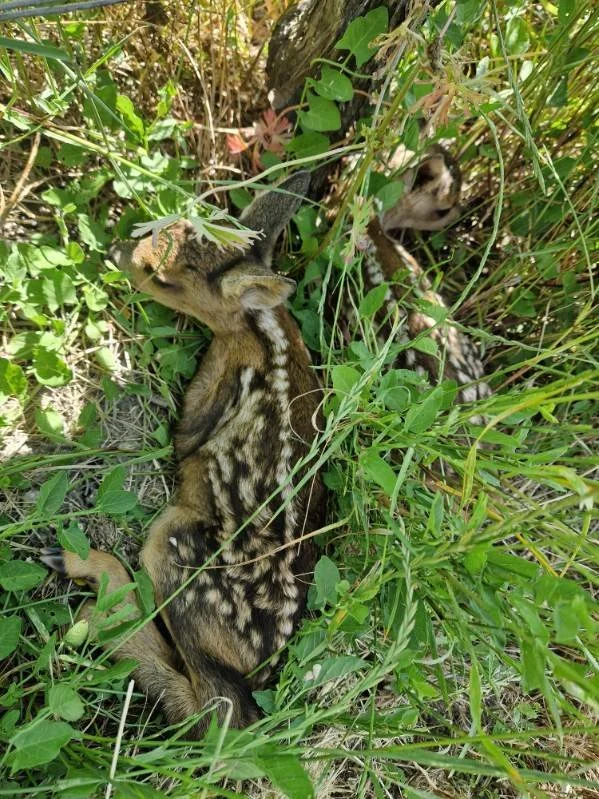
Jean Fillioux
- At the Domaine Jean Fillioux, we are respectful of the environment, our entire vineyard has been conducted by sustainable agriculture. To do this, the vines are naturally grassed and worked every other row by plowing.
- Since 2013, Christophe Fillioux and his wife Virginie (Engineer in oenology) joined the network of observers of the cognac vineyard health bulletin coordinated by the Chamber of Agriculture. The vineyard is monitored regularly during the treatment period in order to be as minimalist as possible in terms of interventions.
- Finally, many natural hedges, plant cover, walnut trees, truffle oaks, fruit trees are preserved or planted to ensure significant biodiversity, an attitude that is close to our hearts. Indeed, we regularly observe dozens of animal species: birds, rabbits, squirrels … each year, among others, swallows and bats come back to seek refuge in the domain, yet another proof that life is good at the Domaine!
Cognac by the Numbers (2022)
• 190,000 acres
• 10% of total French vineyard area
• 266 Cognac houses
• 120 distillers
• 3,000 stills in production
• 4,300 winegrowers
• 17,000 direct jobs
• 60,000 people whose livelihood depends on Cognac
• 376 million bottles produced in 2021
• 225 million bottles exported in 2021
• 115 million bottles exported to the US in 2021
• 1.85 billion bottles in barrels (stock)
• 32 million bottles evaporated per year
• 97% consumed outside of France
• 97% sold in US are VS and VSOP
• 7 bottles sold every sec. in the world
• 3.2 billion Euros annual sales
